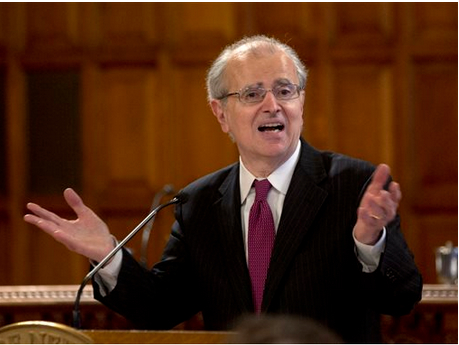Top Court: NY drug law revisions also apply to parolees

The 2009 revisions in the tough Rockefeller-era drug laws also apply to parolees, who can seek shorter sentences, New York’s highest court ruled Thursday.
The Court of Appeals, divided 5-to-2, upheld lower court rulings that Jarrod Brown was eligible for resentencing. Queens prosecutors argued that the amendments to the sentencing laws applied only to people actually in prison.
That law specifically applied to those convicted of a Class B felony and “in the custody of the department of correctional services.” Two years later, in 2011, lawmakers and the governor enacted budget legislation that merged the corrections department and the parole division into the Department of Corrections and Community Supervision.
The court majority ruled Thursday that state custody as defined under the drug law amendments of 2009 now includes parole, saying that’s consistent with the plain meaning of legal custody as well as legislative intent.

Brooklyn Boro
View MoreNew York City’s most populous borough, Brooklyn, is home to nearly 2.6 million residents. If Brooklyn were an independent city it would be the fourth largest city in the United States. While Brooklyn has become the epitome of ‘cool and hip’ in recent years, for those that were born here, raised families here and improved communities over the years, Brooklyn has never been ‘uncool’.